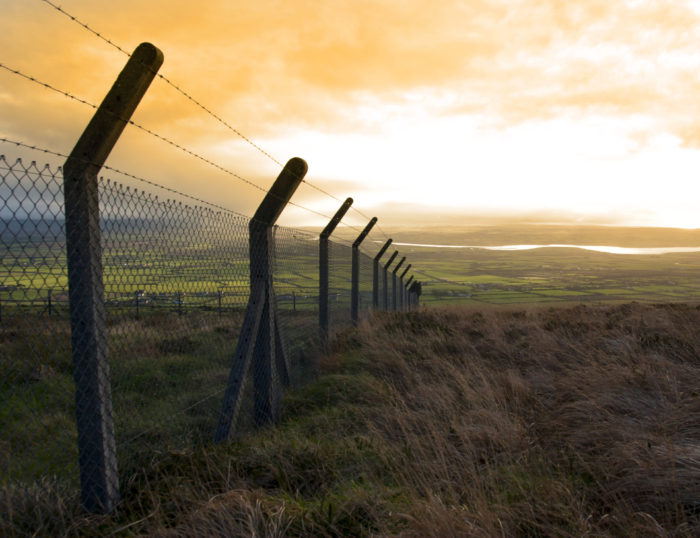We are often called “missionaries,” yet we live in a country where missionaries are (1) not legally allowed, and (2) not socially welcomed. In fact, this is generally the case for the most unreached places of the world.
“My family and I have been called to advance the gospel of peace in a Muslim-majority country, but we do not call ourselves missionaries. We cannot. Let me help you understand why.”
Picture this: While visiting some new neighbors of middle eastern descent, you notice the book Jihad laying out. You immediately feel uncomfortable. Should you confront them? Make for the door? Call the police? What if they told you that, for them, this term refers to a spiritual battle against sin? Maybe that would relieve you a bit… but it wouldn’t completely erase your unease. Jihad just doesn’t make for a great first impression.
Did you know that our neighbors would feel about the same way if they saw a book for or about missionaries laying on our table? They would wonder about confronting us, running for home, or calling the police. Like the word jihad, “missionary” just doesn’t make a good first impression. You see, in many countries, a missionary is often seen as an agent of Western Imperialism—a remnant of the colonial era who uses force, coercion, and money to convert the poor and disadvantaged to use them for the advancement of dangerous political, social, and foreign agendas. If this defines who a missionary is, then we certainly are not that!
We are also not missionaries on a practical and realistic level. You see, in countries like ours, there simply are no missionary visas. We know in our hearts that God has sent us here as agents of His love and ambassadors of reconciliation. Should we not have come simply because we cannot get missionary visas? Should missionaries not go where they are not allowed or where they are unwelcome? Of course not! We go as doctors and teachers, businessmen and humanitarian workers, students and retirees. We do not have the vocational identity of “missionary.” Rather, we live out our call as sent-ones through our vocation—the same vocation for which we have been issued a visa.
There is no space for missionaries in our country, but there is room for “sent ones” to serve as witnesses to God’s love as doctors, teachers, and businessmen.
So, let’s reflect again together and return to Scripture. With the greatest need for witness in countries where there are no missionary visas and no missionary welcome, how is God calling us to modify our framework and vocabulary? How is He calling us to send and proclaim the gospel to the nations where missionaries cannot go? In what way is He changing how we should think and talk about these “sent ones”?
Though I am free and belong to no one, I have made myself a slave to everyone, to win as many as possible. To the Jews I became like a Jew, to win the Jews. To those under the law I became like one under the law (though I myself am not under the law), so as to win those under the law. To those not having the law I became like one not having the law (though I am not free from God’s law but am under Christ’s law), so as to win those not having the law. To the weak I became weak, to win the weak. I have become all things to all people so that by all possible means I might save some. I do all this for the sake of the gospel, that I may share in its blessings.
–1 Corinthians 9:19-23
by an anonymous Mission Partner





